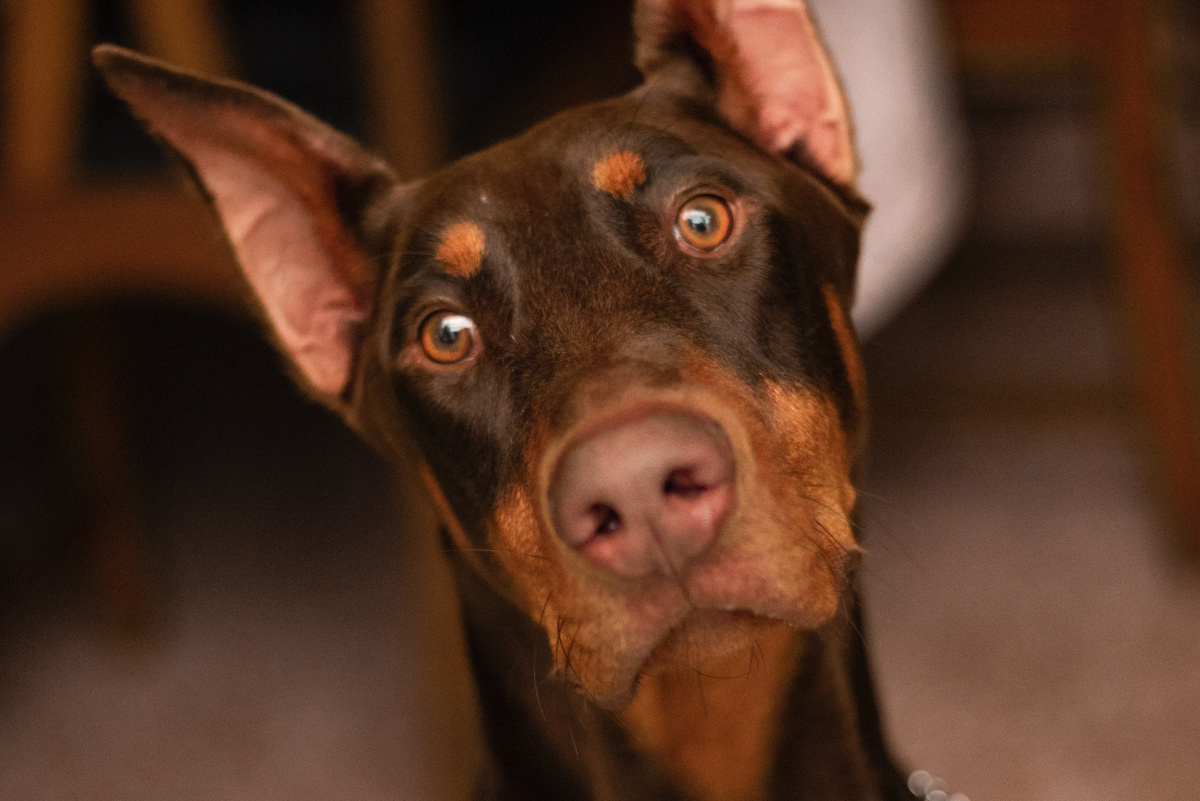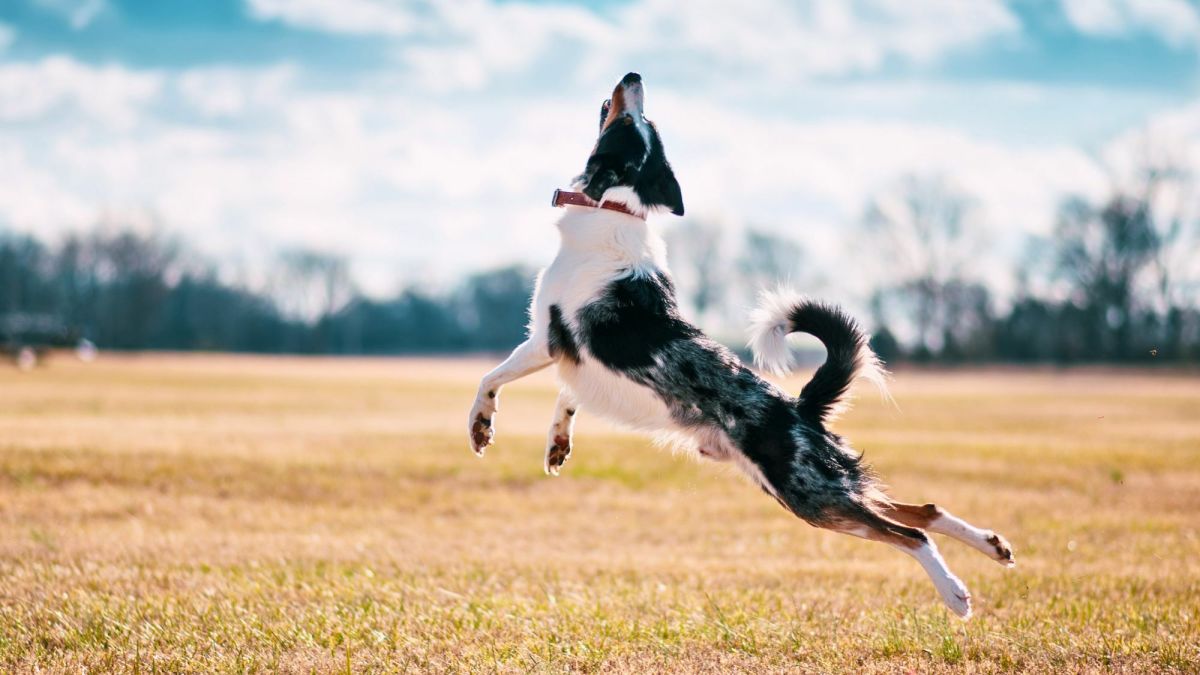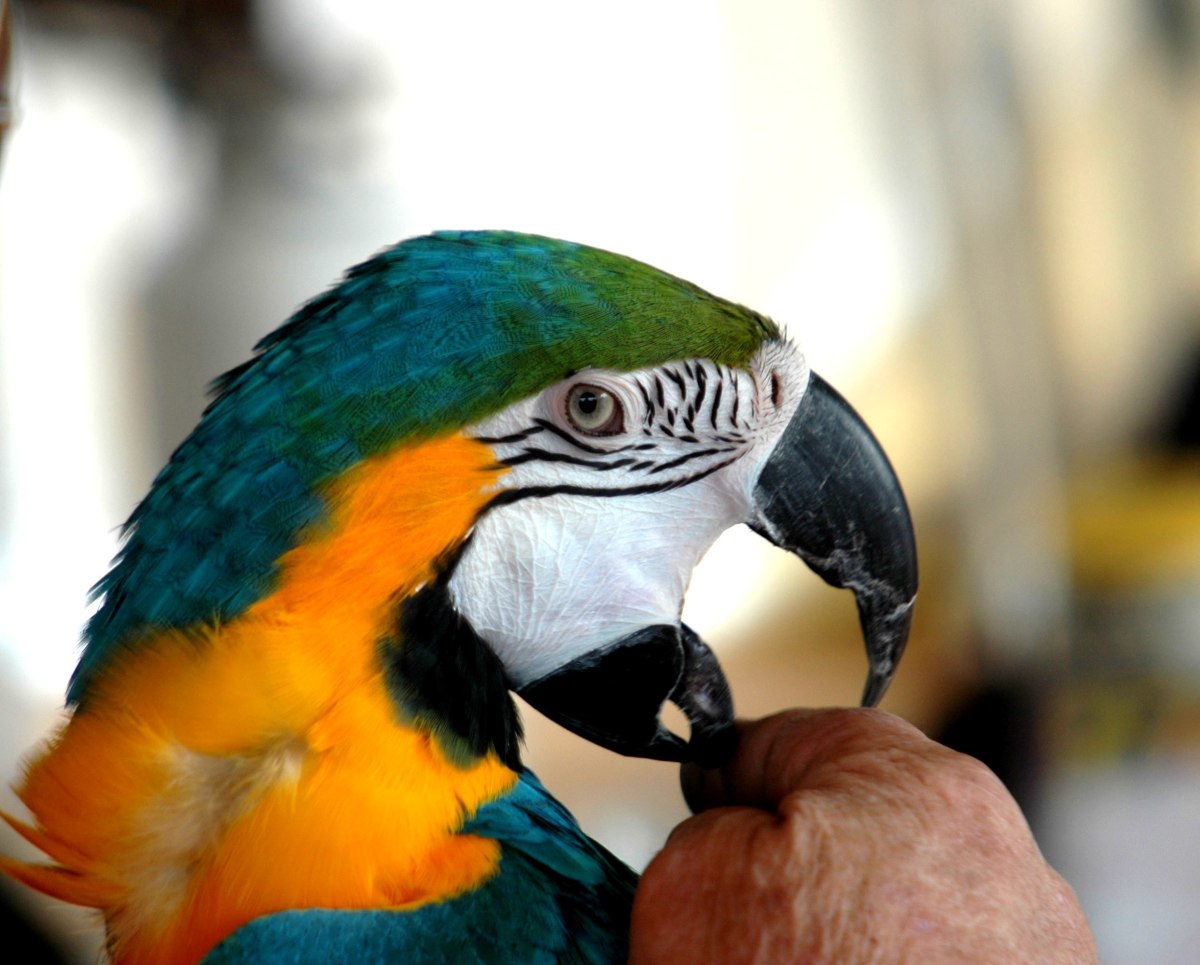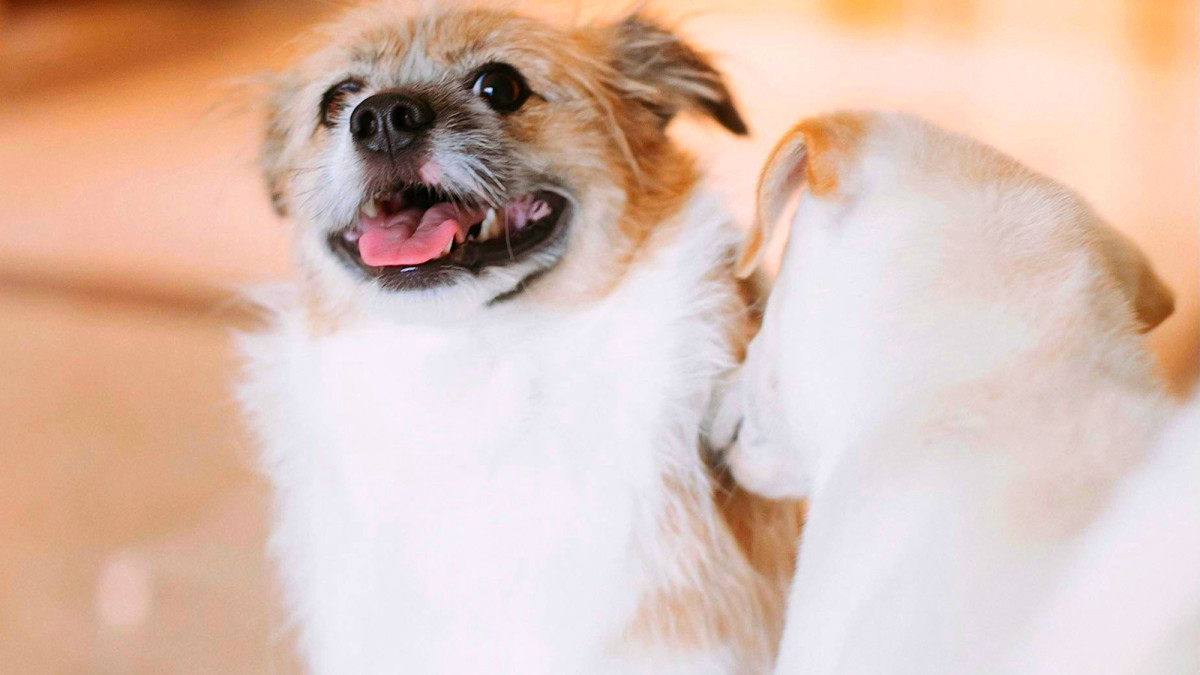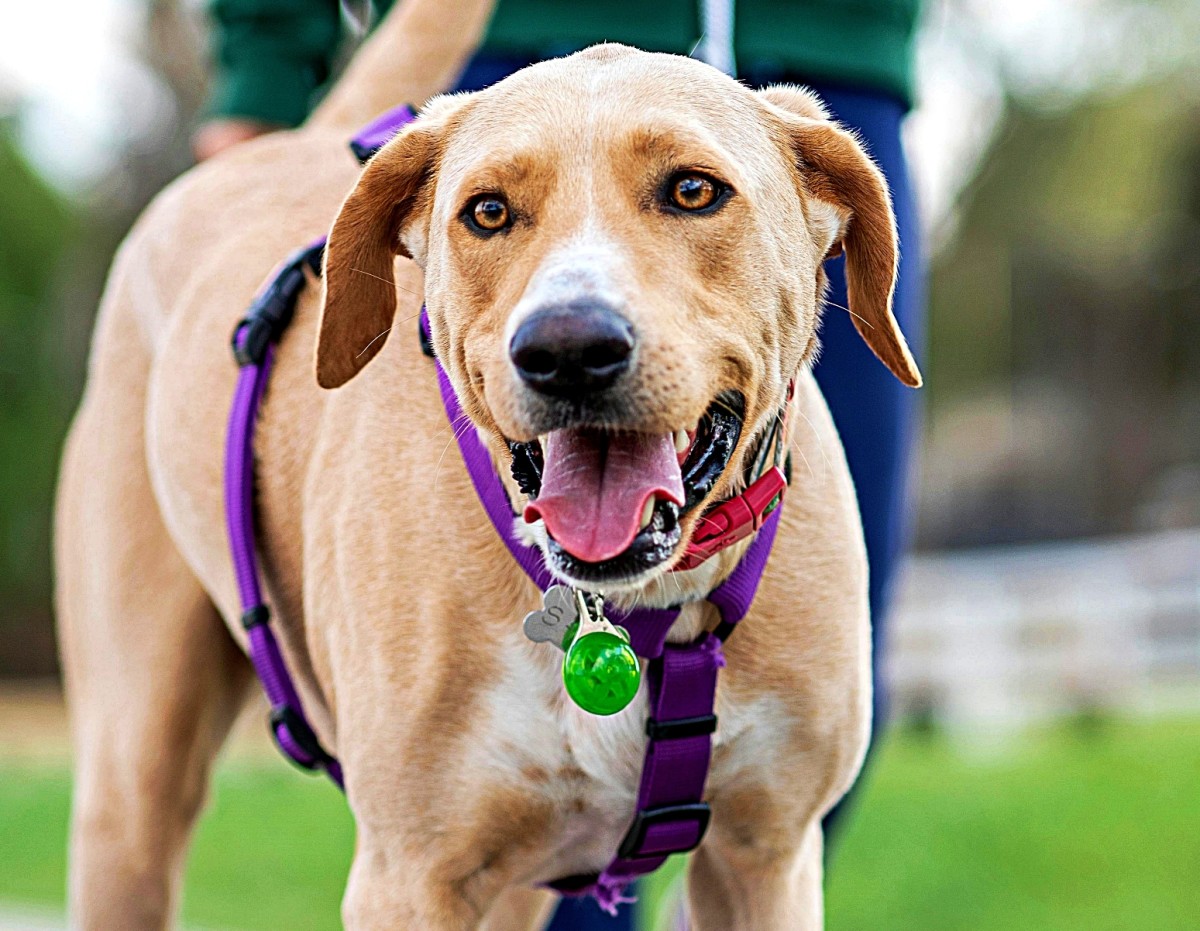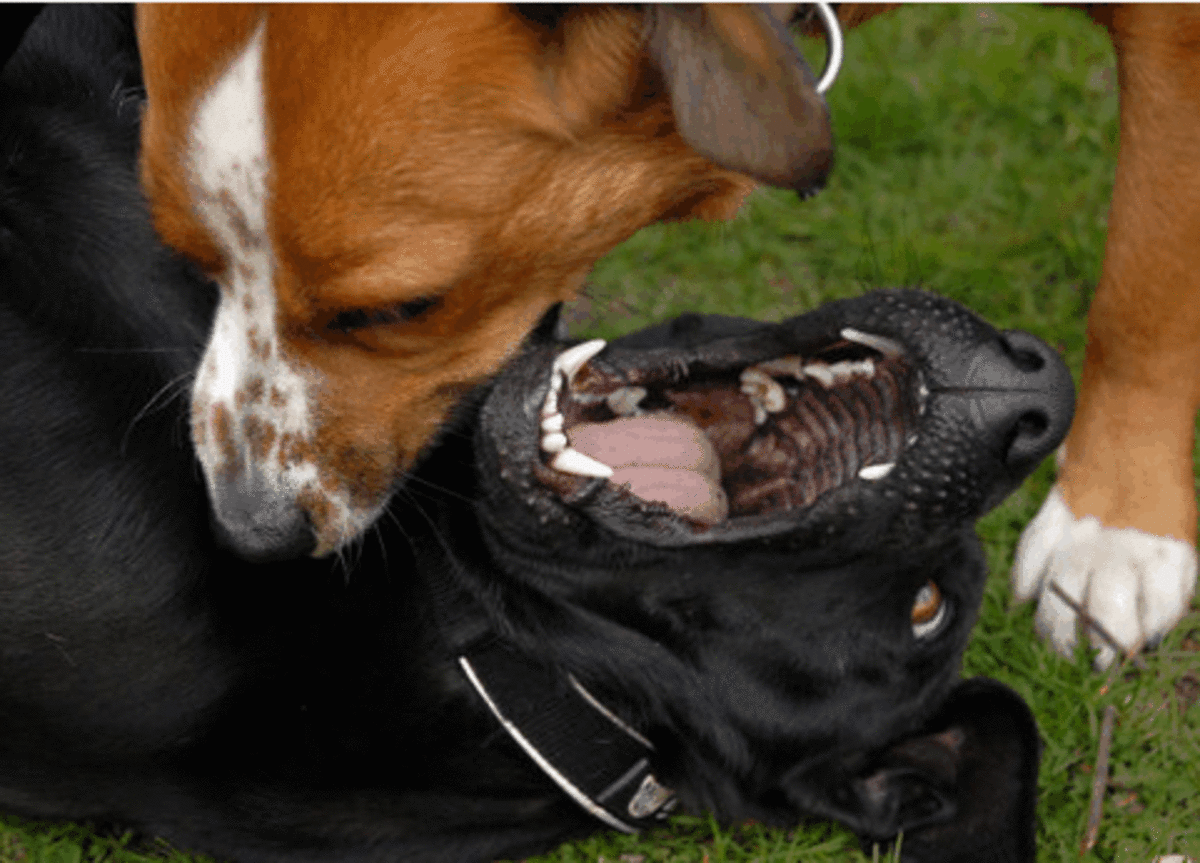How Smart Are Dogs?
How Do Dogs Naturally Understand Humans?
Dogology: Dogs Uncanny Intelligence and Social Behavior
In this article:
- · Dogs behavior and their natural social instinct
- · Apes vs Dogs
- · Dogs sensitivity towards people
- · Evolutionary Explanations
- · What people can learn from dogs
One day my dog walking friend rang the doorbell and my male golden retriever, Clyde, darted out of the front door. I leaned over to grab his collar, he lurched forward with his 90 pounds of enthusiasm, and I started to fall. My female golden, Bonnie, ran in front of me and when I fell, I landed on her. Don’t worry, neither of us got hurt, in fact she very much saved me. Whenever I think of this story, three things come to mind… my kids laughing at how humorous I looked (because believe me, it was a funny sight), my adoration and gratitude for Bonnie’s selfless act to protect me, and how in the world did she know to run in front of me, after all everything happened so fast. I am sure you have interesting pet stories also and I hope you will share them with me. But even the ordinary act of our dogs sitting on command, doing tricks, or the countless duties companion and guide dogs do every day is something of a wonder. How do they know what to do, and why do they do this for us?
Dogs behavior


People and dogs share a level of communication with each other
Pet dogs became domesticated thousands of years ago, and have remained our faithful companions ever since. Dogs possess a kind of social intelligence in their behavior and relationship with us. Humans and dogs share a level of communication with each other that is unmatched with any other pet and person. How are dogs so smart? How is their behavior towards us so endearing that dogs are members of our family, and a big part of the economy is made up of purchases for our pooches?
A dog’s ability to take our cues from physical gestures, tone of voice, facial features, or pure observation, gives them a special social skill. Dogs can relate to us better than primates do. So what is the explanation? Scientists believe these special skills dogs exhibit in their behavior is a result of “convergent evolution”. Which means that 2 non related species developed somewhat the same abilities or behavioral traits. Dogs have similar social skills to humans, yet our genetic ancestry is not the same at all, so it probably developed from environmental situations, rather than from inherited genes.
What's evolution got to do with it?
A study was done by Brian Hare and Michael Tomasello to discover why dogs are able to cue into human behavior better than chimpanzees and other apes. It would be natural to think that these primates would respond as well, or better to our cues than dogs do. Apes are our closest relative genetically, they are highly intelligent, and they have many characteristics that are human-like. Yet in this research, they found dogs were superior in reading people’s facial cues, hand gestures, and eye gazing, than chimpanzees. When a person in the study, pointed their finger towards a hidden object, dogs of all breeds and ages knew where to look based solely on the human cues. When a person stared at the ceiling, the dogs did not look for anything. Puppies as young as 9 weeks old could do follow the cues as well as an adult dog. The researchers tested dogs from an obedience class who had a lot of human contact, and they tested dogs who were litter trained, and had minimal human contact. All the dogs, performed equally well, which led the researchers to conclude that this social intelligence is not from behavior training, that it must be an innate ability of canines. When chimpanzees were given the same task they were not able to do it unless they were taught by the research team, and even then there was great inconsistency in the results. Yet, chimps were able to do other things dogs couldn’t do.
Now it was clear that dogs and people have similar skills, but primates don’t share these same abilities. How would wolves perform, since they are dogs closest relative, and dogs evolved from the grey wolf? Wolves are known to be very bright, and can do some things dogs don’t do as well. So does this mean, the grey wolf would be able to pick up human cues also? In the study, even when wolves were taught what to do, their behavior could not compare to our canine companions. So this infers, that dogs did inherit this characteristic from wolves. So let’s look at this: human being’s closest relative, the ape is not able to read our cues. Dog’s closest relative, the grey wolf, does not have this ability either. It is obvious it is not genetic. How could 2 distinct species share a close skill like this? Researchers observed a special breed of foxes who were less aggressive, and friendlier towards humans. Their approachability was used in this study, and the same cues were given to these foxes. Amazingly the foxes performed just as well as dogs. and exhibited the same behavioral traits of being able to read a person’s cues. There is no genetic lineage from foxes to dogs, so now the researchers needed to see what do these 2 species have in common. Their conclusion is their tameness. It is believed that dogs and these foxes survived better when they could co-exist with humans. Cooperating and learning a level of communication benefitted the domesticated animals by rewards of easier access to food and shelter. Humans benefitted from the dogs protection, and hunting skills. Through nature’s selection process, these dogs and foxes survived better than their relatives who were forced to hunt on their own, and who couldn’t live in the human communities.
Evolutionary theorists believe socialization played a role in human’s survival. Those among the species who cooperated better survived better, and this became true for people, dogs, and the unique type of foxes. The ability to accurately read cues, sensitivity towards others, and a natural instinct to help is part of our behavior from evolutionary history that we share with dogs. This makes some researchers wonder if people who are more cooperative are more socialble. The more we learn about dogs, the more we can learn about ourselves.
- Dogology: Dog foods, Dog treats, and Dogs Care Nutrition
Choosing The Right Dog Food and Dog Treats It is important to read ingredients on the dog food and dog snacks you give your canine companion Choosing the best dog treats for your lovable pet is one...

